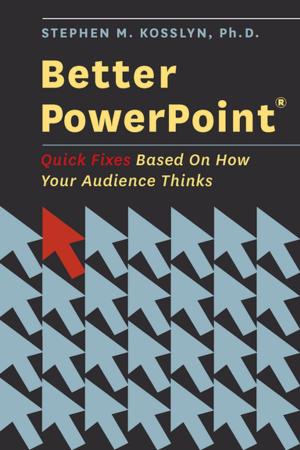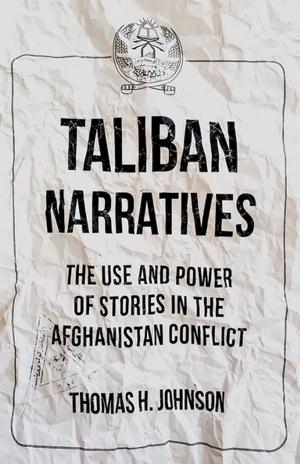| Author: | Janam Mukherjee | ISBN: | 9780190613341 |
| Publisher: | Oxford University Press | Publication: | October 15, 2015 |
| Imprint: | Oxford University Press | Language: | English |
| Author: | Janam Mukherjee |
| ISBN: | 9780190613341 |
| Publisher: | Oxford University Press |
| Publication: | October 15, 2015 |
| Imprint: | Oxford University Press |
| Language: | English |
The years leading up to the independence and accompanying partition of India mark a tumultuous period in the history of Bengal. Representing both a major front in the Indian struggle against colonial rule, as well as a crucial Allied outpost in the British/American war against Japan, Bengal stood at the crossroads of complex and contentious structural forces - both domestic and international - which, taken together, defined an era of political uncertainty, social turmoil and collective violence. While for the British the overarching priority was to save the empire from imminent collapse at any cost, for the majority of the Indian population the 1940s were years of acute scarcity, violent dislocation and enduring calamity. In particular there are three major crises that shaped the social, economic and political context of pre-partition Bengal: the Second World War, the Bengal famine of 1943, and the Calcutta riots of 1946. Hungry Bengal examines these intricately interconnected events, foregrounding the political economy of war and famine in order to analyse the complex nexus of hunger, war and civil violence in colonial Bengal at the twilight of British rule.
The years leading up to the independence and accompanying partition of India mark a tumultuous period in the history of Bengal. Representing both a major front in the Indian struggle against colonial rule, as well as a crucial Allied outpost in the British/American war against Japan, Bengal stood at the crossroads of complex and contentious structural forces - both domestic and international - which, taken together, defined an era of political uncertainty, social turmoil and collective violence. While for the British the overarching priority was to save the empire from imminent collapse at any cost, for the majority of the Indian population the 1940s were years of acute scarcity, violent dislocation and enduring calamity. In particular there are three major crises that shaped the social, economic and political context of pre-partition Bengal: the Second World War, the Bengal famine of 1943, and the Calcutta riots of 1946. Hungry Bengal examines these intricately interconnected events, foregrounding the political economy of war and famine in order to analyse the complex nexus of hunger, war and civil violence in colonial Bengal at the twilight of British rule.















